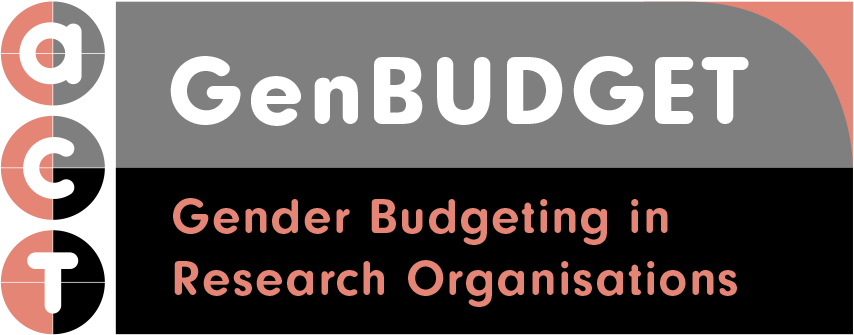
For more than two years, the ACT project has supported the GenBUDGET CoP to grow as a community. The ACT project made it possible for the CoP members to meet in person in January 2020 and orgainse monthly meetings, workshops, and webinars, which has been tremendously important in establishing and sustaining GenBUDGET’s sense of community. Another important factor for the CoP’s evolution is the dedication of the CoP members, which has greatly supported the process. When the CoP was established in 2019, it had 16 representatives from eight universities and two research institutions. In January 2021, five representatives from four universities joined the CoP. Thus, due to the hard work of the CoP GenBUDGET, the CoP now has 21 representatives from 12 universities and two research institutions distributed over 11 countries, i.e., the Nordic countries, Western and Southern Europe.
Moreover, many CoP members have taken on targeted implementation projects, based on local conditions and circumstances at their institutions. In their projects, they assess gender impact of one or more financial managerial mechanisms. This work has resulted in diverse projects established by the CoP members, including projects on the distribution of financial funds, gender pay gap, workload allocation schemes, internal research grants processes, the status of sessional teachers, and postgraduation status of PhD earners.
To reach the outer world, these projects have been presented in the CoP’s webinars, held December 2020 and February and May 2021. Currently, the CoP members are working on a policy brief with targeted information: what is gender budgeting, what should institutions be doing? What can come out of those small projects?
The CoP members are also eager to continue their work and are thinking about the future, thus, how to move forward. One way would be to include more intersectional approach to the CoP - Gender+ budgeting is something we believe is an interesting focus. This is a highly relevant topic. Improving intersectional analysis in a decolonizing research context, might, for instace be one approach.
